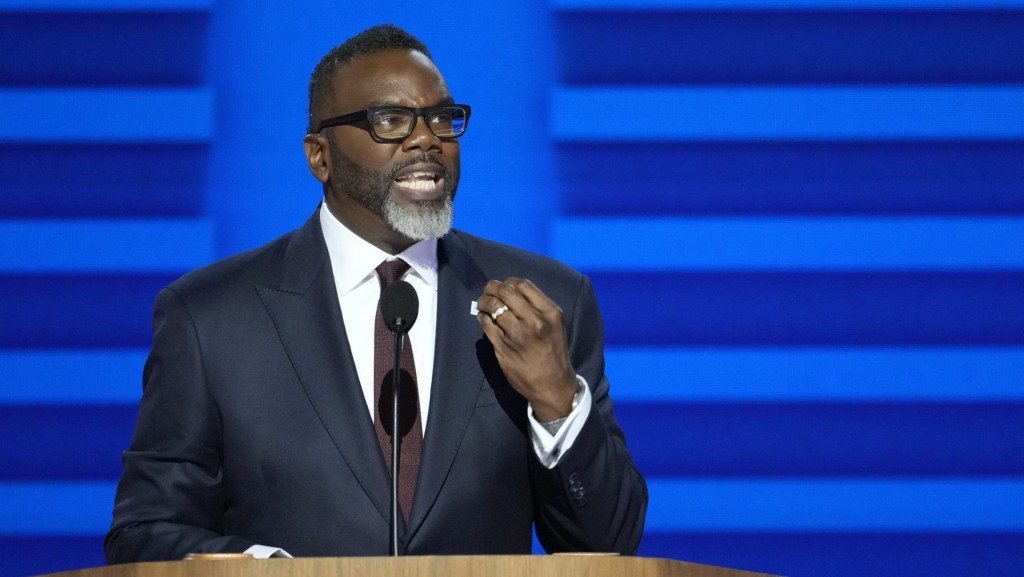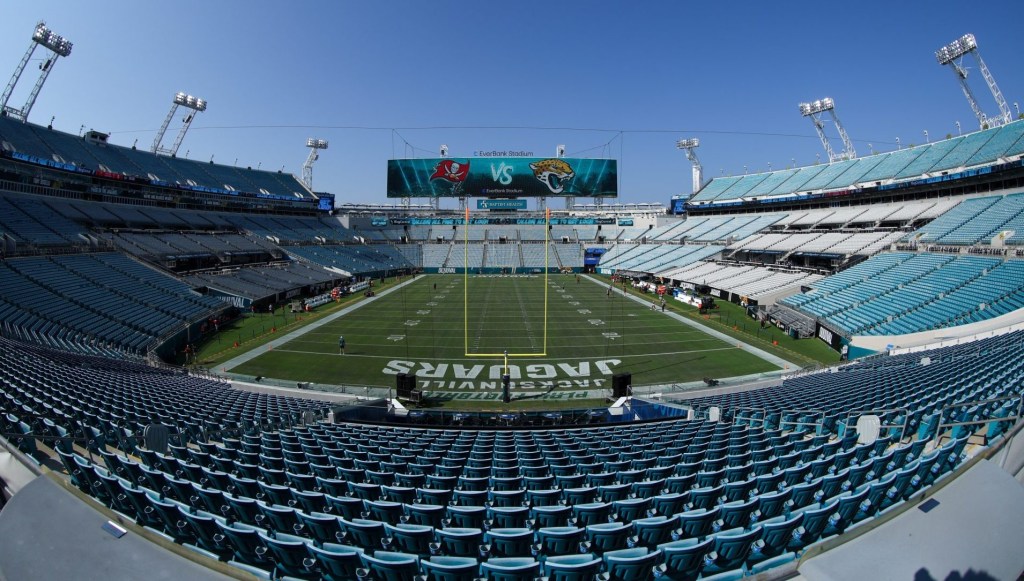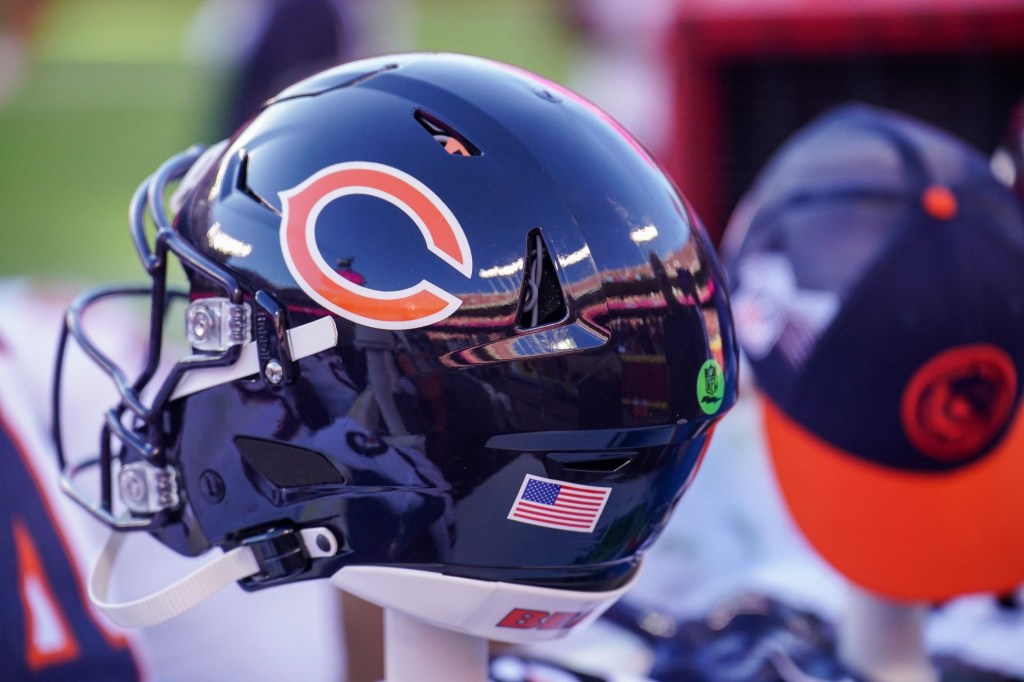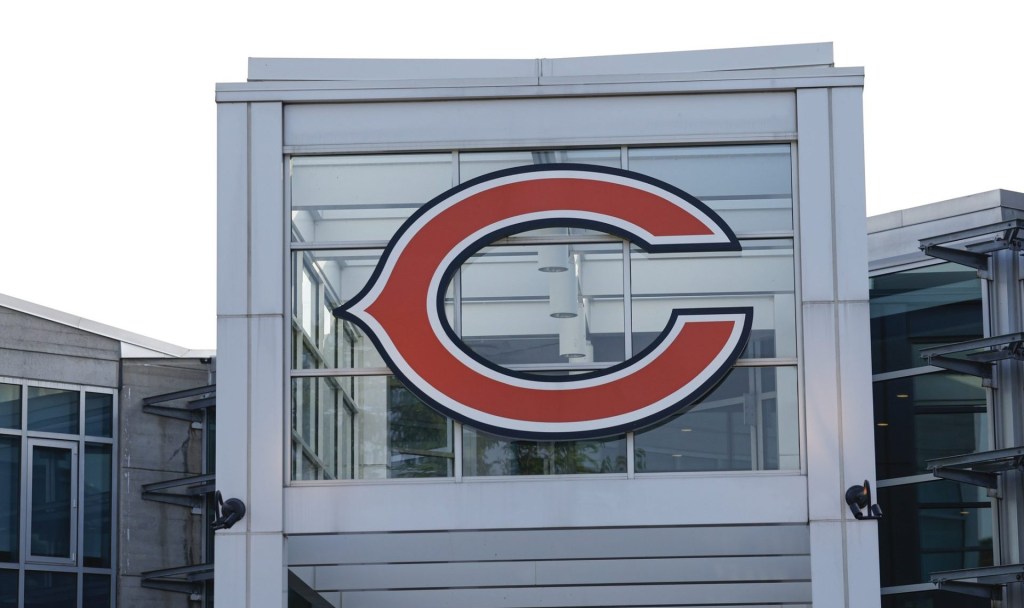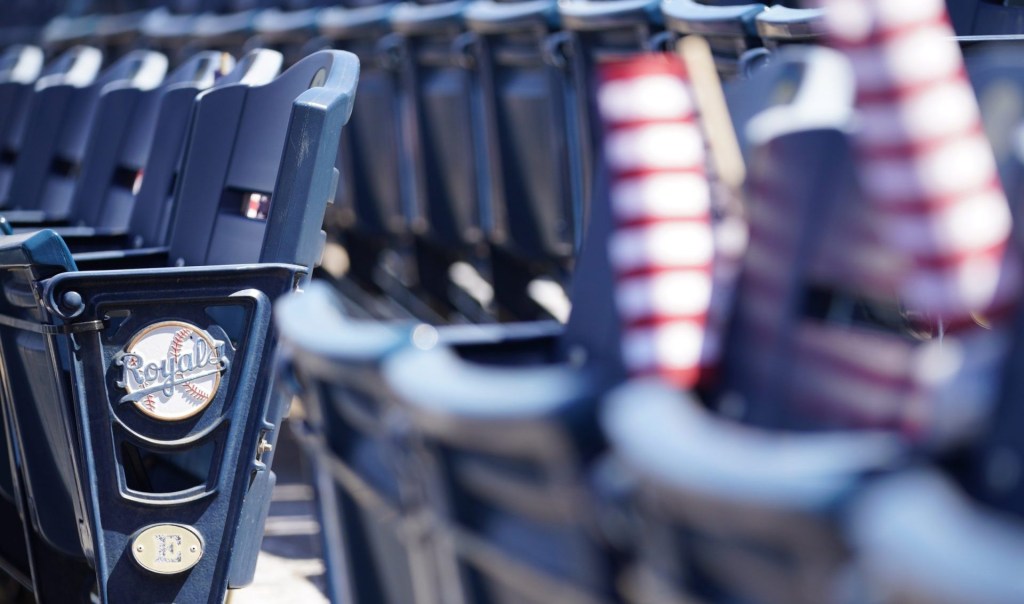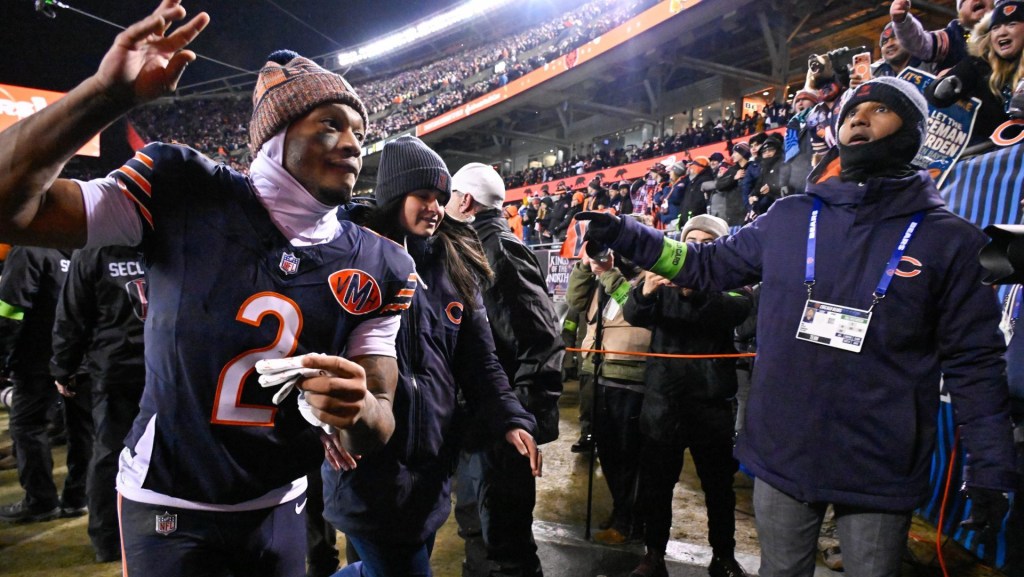The long-embattled $1.3 billion new stadium for the Rays received another significant boost Tuesday, with a big assist from MLB commissioner Rob Manfred, as the Pinellas County (Fla.) Commission voted 5–2 to authorize $312.5 million in bonds for the project.
The decision followed two prior moves by the commission to delay approval of bonds that were originally agreed to last summer, including a postponement nearly a month ago. Since then, the St. Petersburg City Council has approved a separate, $287.5 million set of bonds for the ballpark, and Manfred traveled to Florida to reiterate the league’s belief in the Tampa market.
The county vote, however, was a more uncertain proposition, as since the original stadium deal in July, the commission saw the arrival of two new members, each with deep concerns about the agreement—particularly in the wake of catastrophic local damage from Hurricane Milton. Those two new commissioner members, Republicans Chris Scherer and Vince Nowicki, each voted “no,” as expected.
In a notable development, though, county commissioner Chris Latvala flipped his stance from a prior opposition to the stadium project to one of support, and he was a “yes” vote Tuesday. He said that was strictly because of Manfred and a recent meeting with him, and Latvala called for a sale of the team.
“While I do not trust the owner of the Rays [Stu Sternberg], I trust Mr. Manfred,” Latvala said. “He is the reason I am voting yes. MLB is aware of the several instances where the Rays organization has intentionally tried to sabotage the very deal they agreed to. As a result of this vote, it is my hope that the Tampa Bay Rays will finally have an owner that our other wonderful local franchises have.
“I hope our vote today helps set the wheels in motion for a new owner and a new era of Tampa Bay Rays baseball,” Latvala added.
Outstanding Costs
Even with the county and city bond votes now in place, there are still some sizable concerns from the team about their financial contribution to the project—and the club was repeatedly put on notice by the county commissioner Tuesday to honor their obligations in the deal.
The Rays are responsible for the $700 million not covered by taxpayer funds, as well as any cost overruns. It’s the latter component the Rays say is quickly rising, in part because of extended political deliberations.
The new ballpark was originally projected for a 2028 opening, but the team is now seeing 2029 as more likely. That will introduce additional costs that the Rays say they cannot afford. It’s possible that similar to an existing contemplation with the A’s and their planned ballpark in Las Vegas, Sternberg could look to bring in new minority team partners to help with the stadium development costs. Even before that potentially happens, though, the Rays have made it clear there is still a problematic “funding gap” to resolve.
“As we have made clear, the county’s delay has caused the ballpark’s completion to slide into 2029,” said Rays co-president Matt Silverman. “As a result, the cost of the project has increased significantly, and we cannot absorb this increase alone. When the county and city wish to engage, we remain ready to solve this funding gap together.”
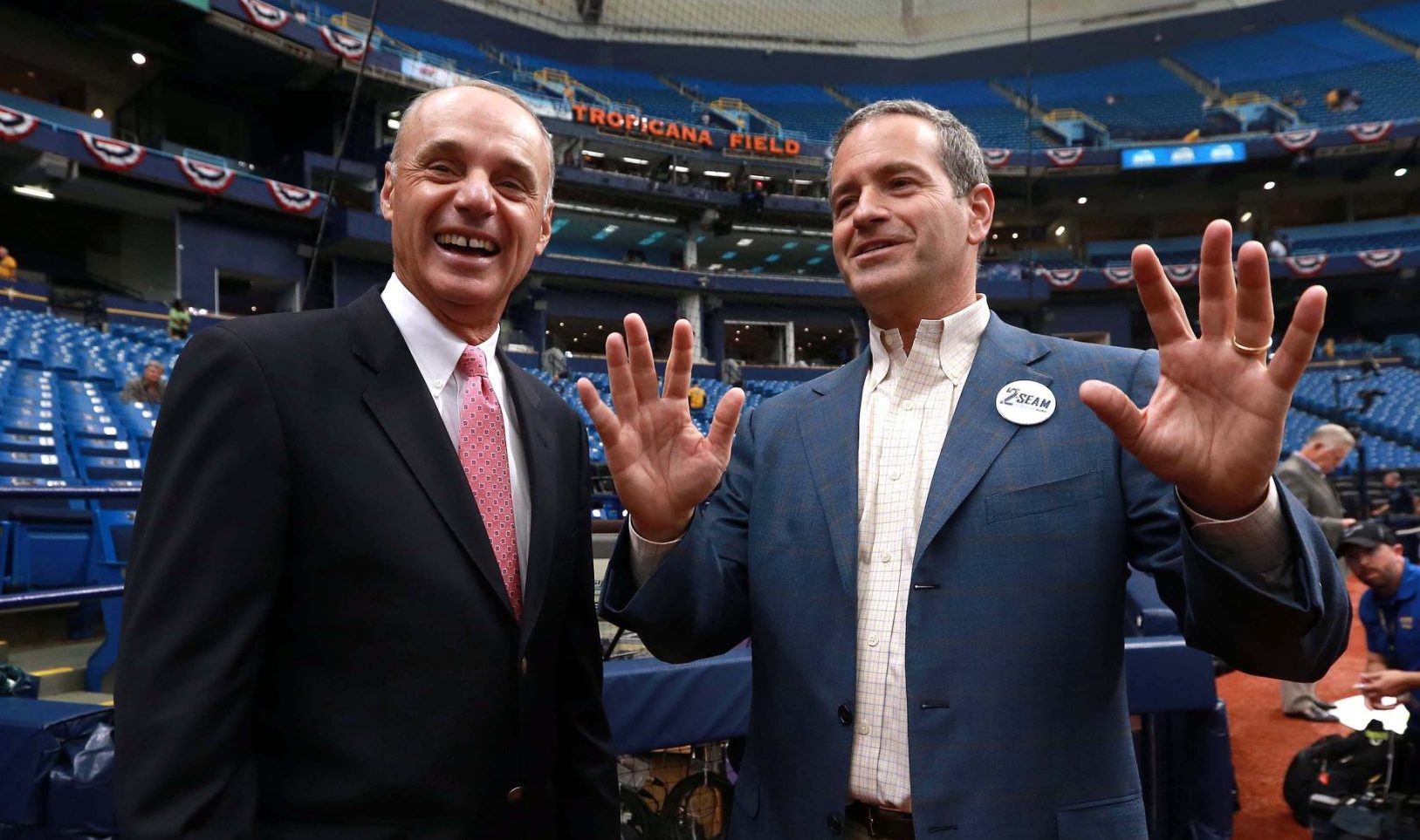
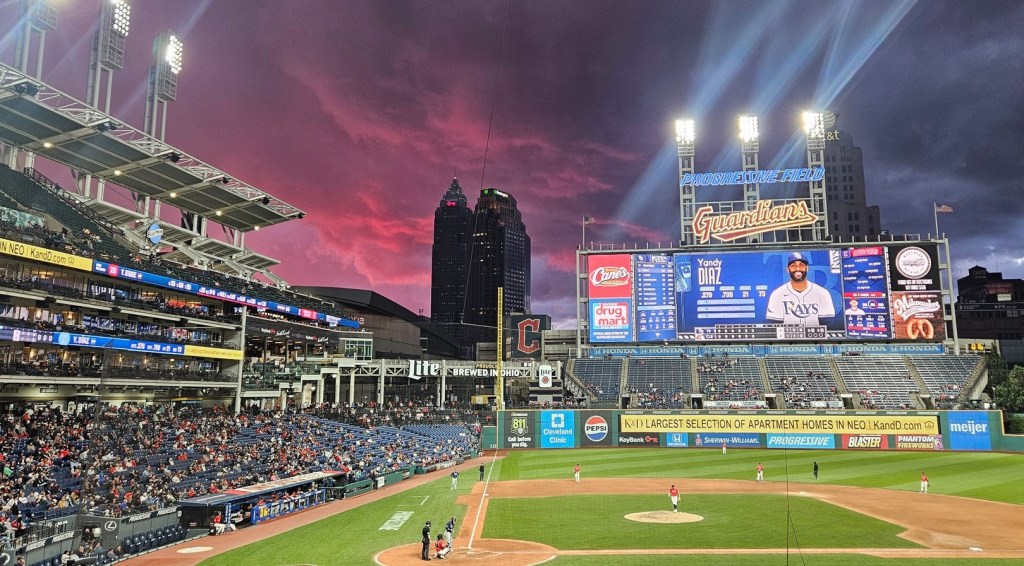
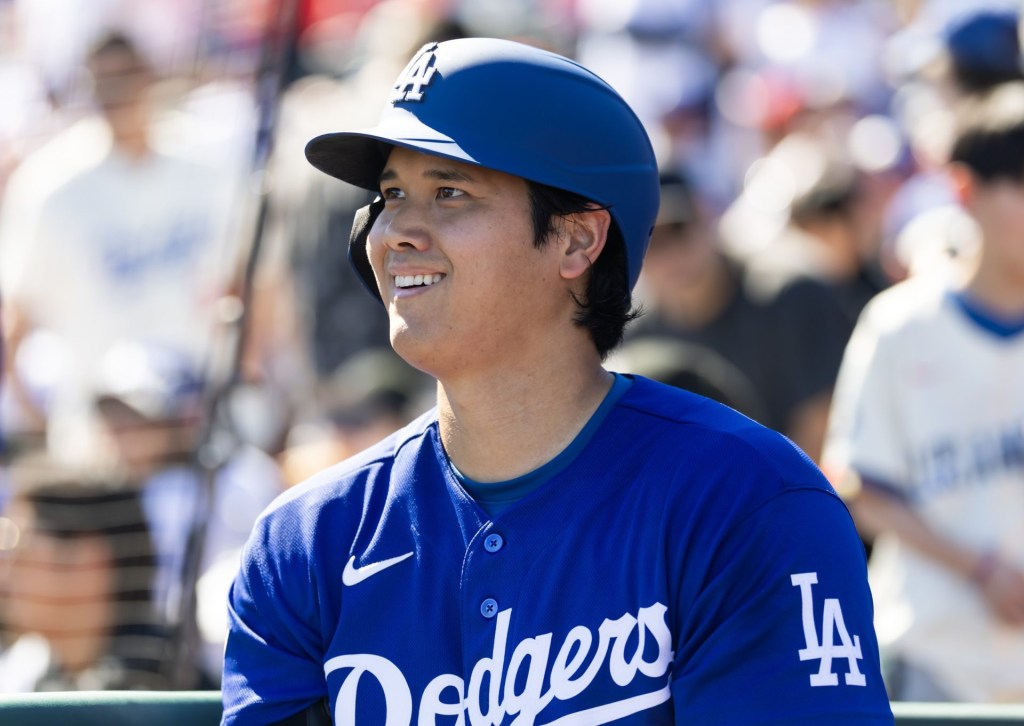

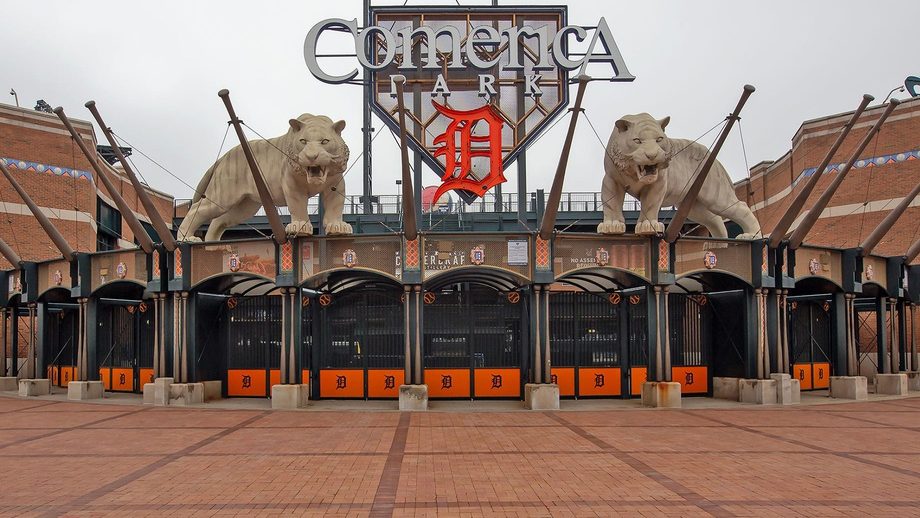


![[Subscription Customers Only] Jun 15, 2025; Seattle, Washington, USA; Botafogo owner John Textor inside the stadium before the match during a group stage match of the 2025 FIFA Club World Cup at Lumen Field.](https://frontofficesports.com/wp-content/uploads/2026/02/USATSI_26465842_168416386_lowres-scaled.jpg?quality=100&w=1024)
![[Subscription Customers Only] Jul 13, 2025; East Rutherford, New Jersey, USA; Chelsea FC midfielder Cole Palmer (10) celebrates winning the final of the 2025 FIFA Club World Cup at MetLife Stadium](https://frontofficesports.com/wp-content/uploads/2026/02/USATSI_26636703-scaled-e1770932227605.jpg?quality=100&w=1024)
